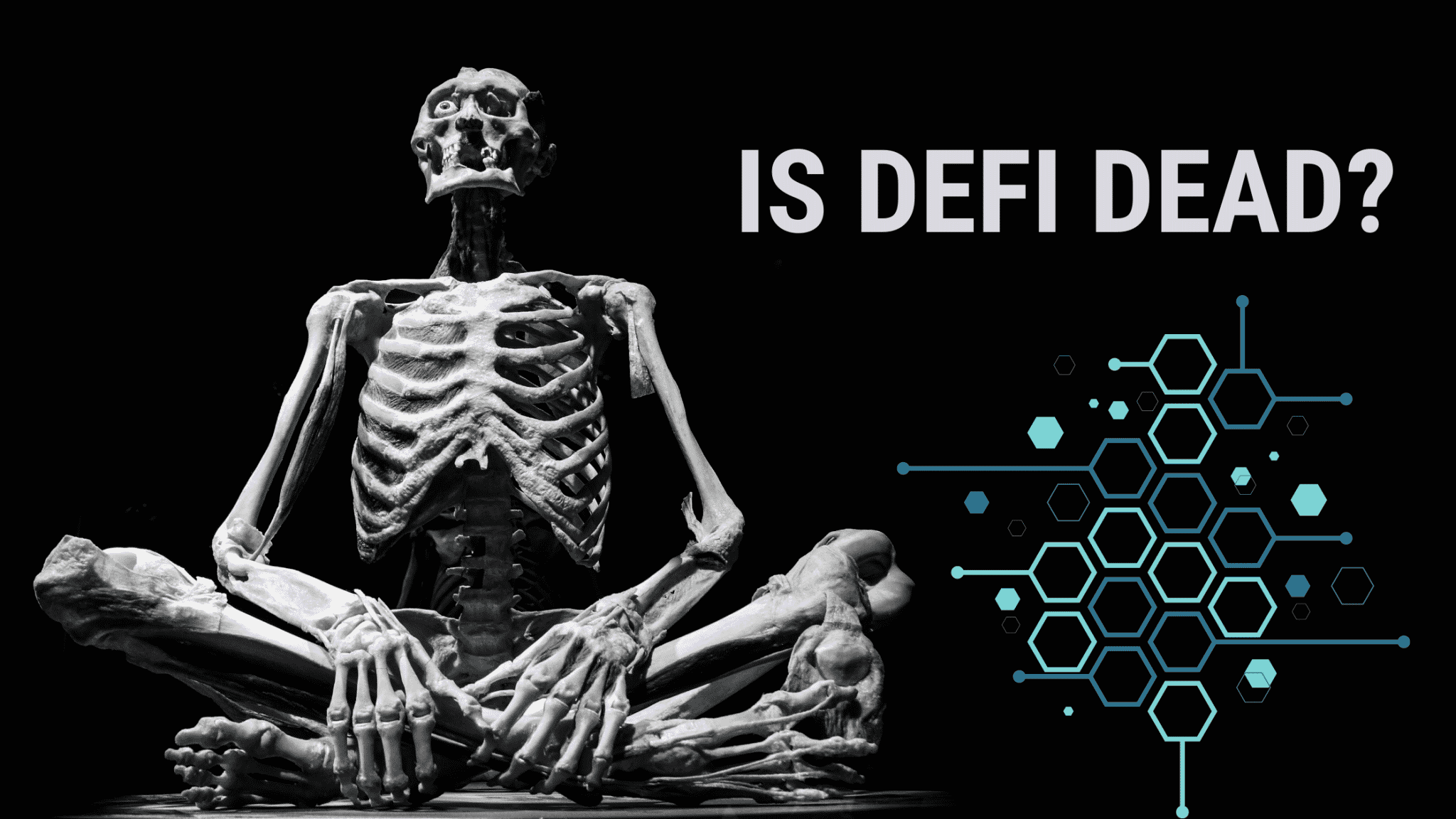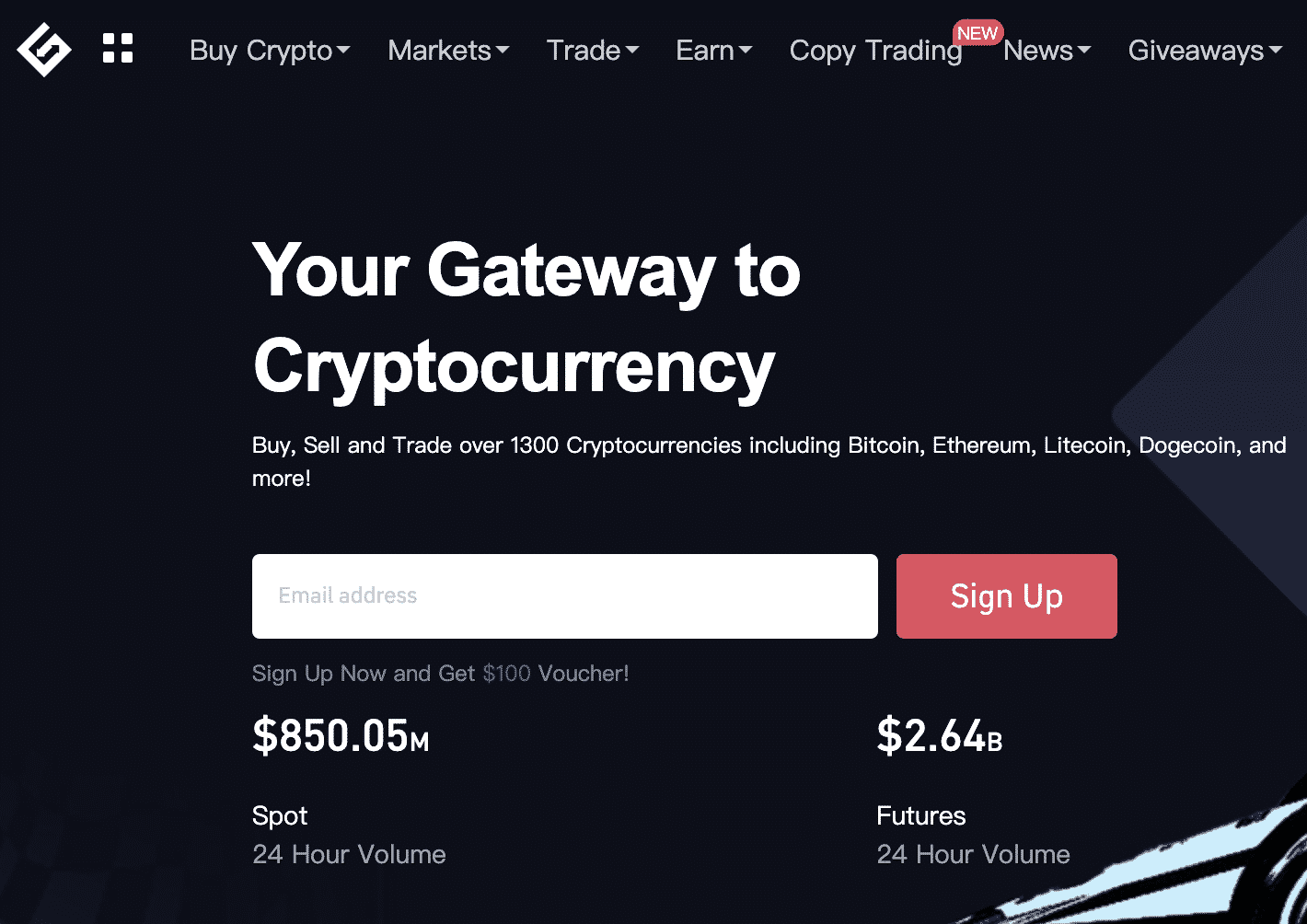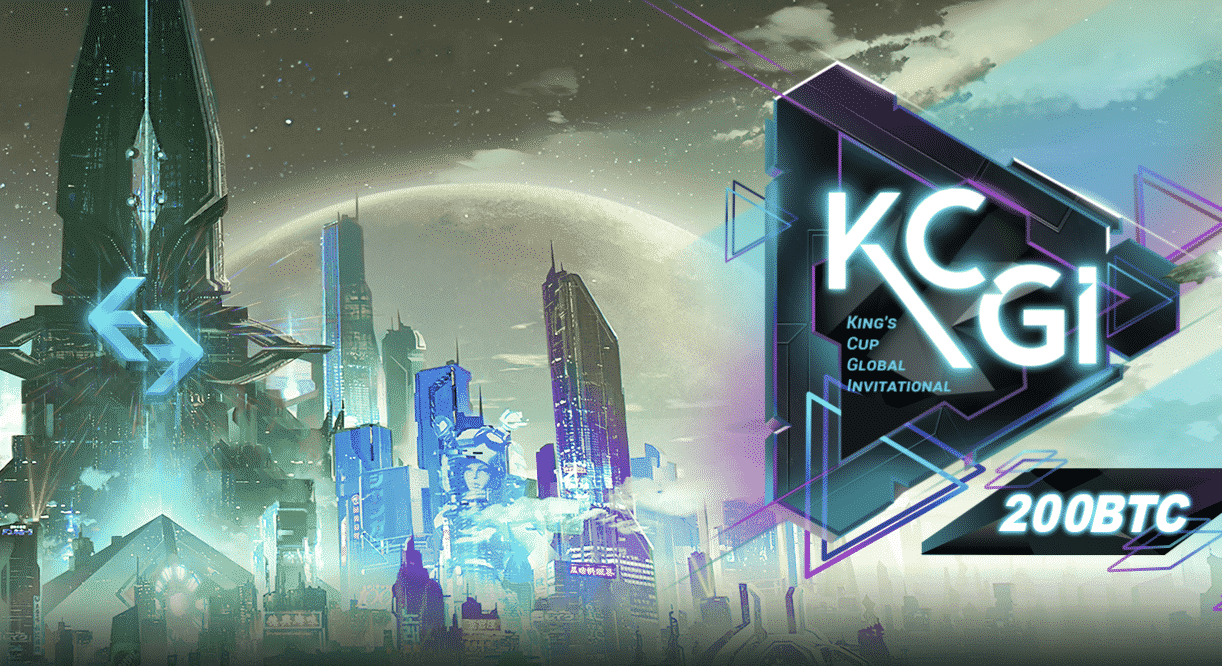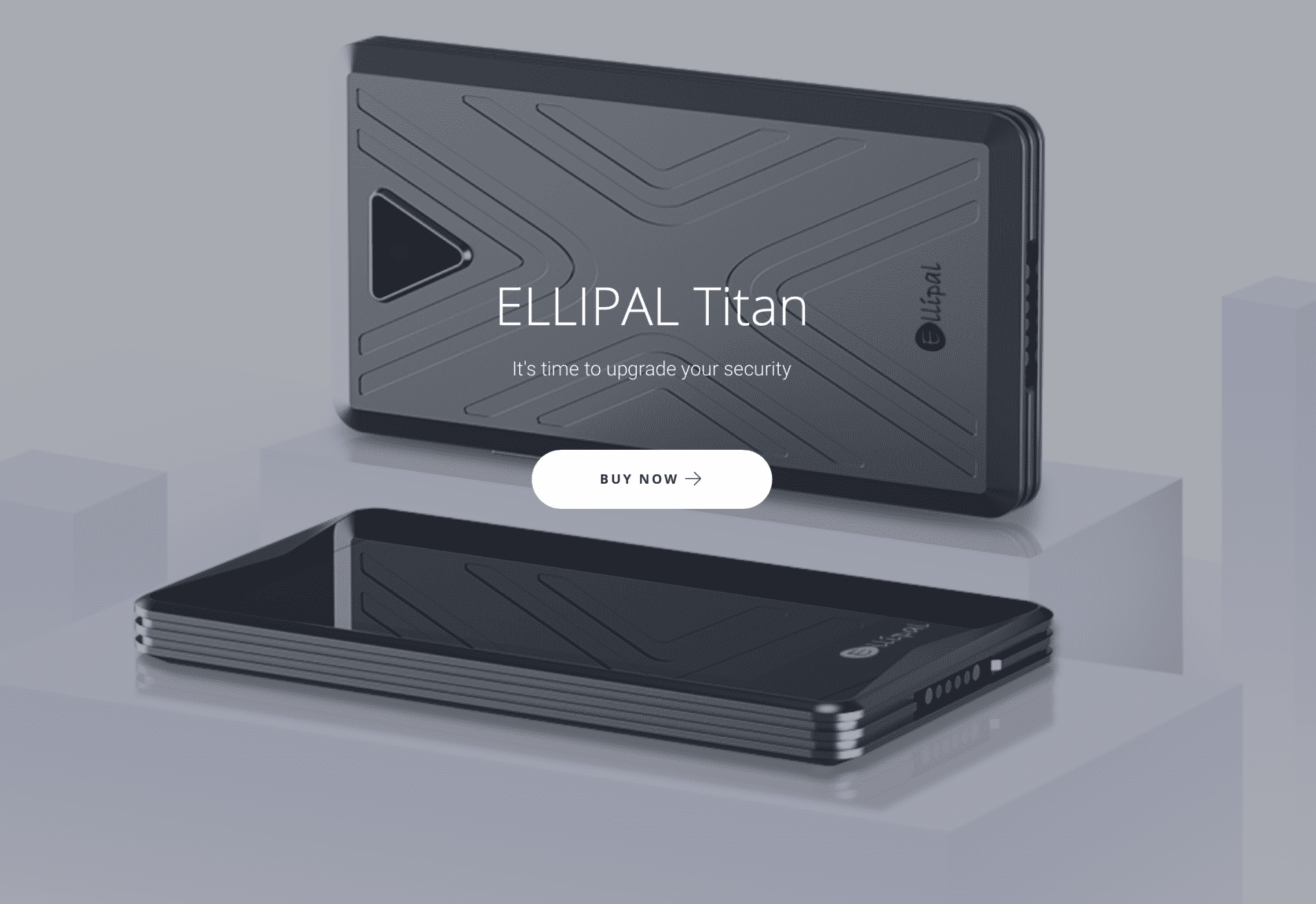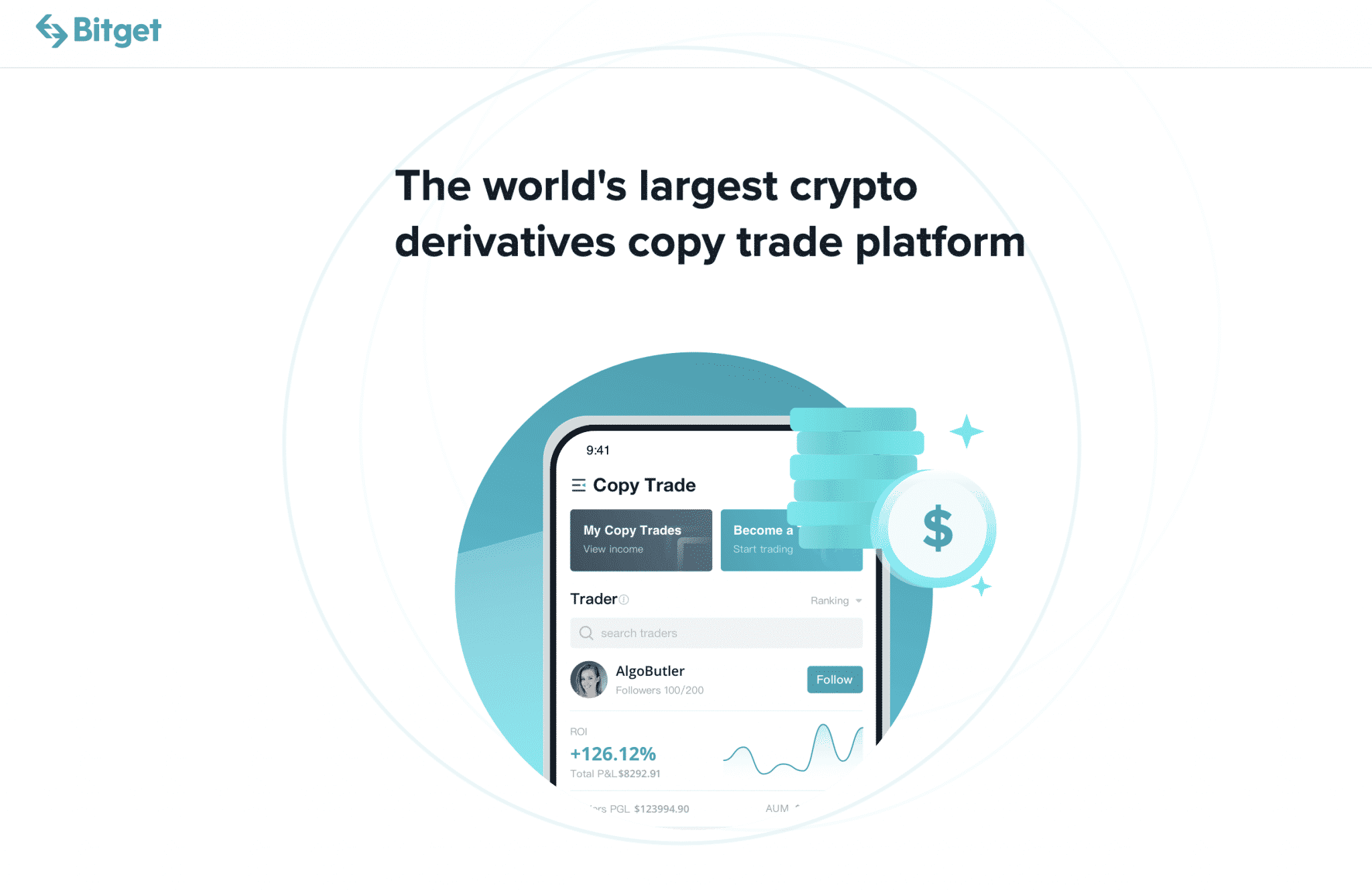 Navigation
Navigation
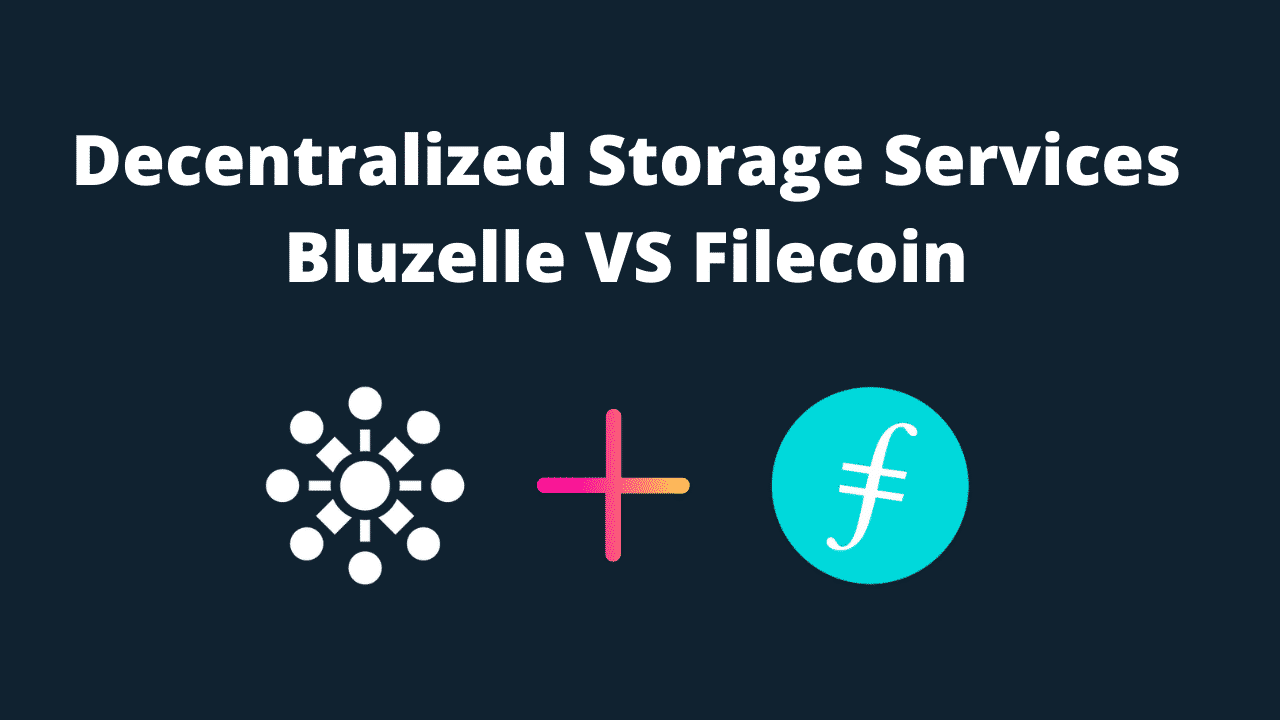
Bluzelle Vs Filecoin- A Side by Side Comparison of the Decentralized Storage Services
|
|
It’s 2020 and the decentralized web couldn’t come soon enough. Last week’s shocking hack—which saw Joe Biden, Kanye West, Bill Gates and over 125 other high-profile Twitter users have their accounts hacked—has urged the decentralized debate again.
When it becomes obvious that one of the biggest social media platforms is vulnerable to attacks, it further strengthens the point that we need to move away from centralized platforms. It isn’t just hacks like the one we saw last week that we need to worry about.
Government control is also a good reason for switching over to decentralized platforms. With the Chinese government exerting more control, platforms like TikTok have felt the pressure. Decentralization could help with this—be it using the blockchain or a system such as the InterPlanetary File System (IPFS).
And this doesn’t just apply to social media platforms.
The way we store things should also be seriously considered for decentralization—and more so than ever. With a decentralized storage system, security can be improved as everything is spread out across multiple nodes. This means that the entire system cannot be compromised should there ever be a hack or a government shutdown. It would also mean that data would be safer—and not in the hands of a centralized third party.
Let’s examine how two actually functioning decentralized storage services—Bluzelle and Filecoin work. While sharing some similar and non-similar qualities, they can actually be used together for a truly decentralized experience.
The “AirBnB of database storage,” Bluzelle, gives developers of dapps a place to store their data. Unused storage space, believe it or not, is actually in an abundance. So Bluzelle, sources it from the public, who are made to be validators for the network. The idea is that storage space never runs out.
Filecoin is a file storage service. By using the highly distributed IPFS technology (a peer-to-peer protocol for file-sharing and website hosting that runs across a huge network of computers) Filecoin gives users a place to store files—safely. It aims to be a foundation to store “humanity’s most important information.”
Decentralized Storage Services Bluzelle vs Filecoin

How they are different
There are quite a lot of differences between the two. The most glaring difference is that Filecoin is for storing files while Bluzelle is used for storing data.
Filecoin utilizes the IPFS—which can be used to store data, but ultimately provides no guarantee about how long the data will be available unless you’re hosting it yourself. IPFS as a system is actually more about addressing and transporting data.
Bluzelle does not use IPFS and, in fact, sees the system as useful but only if it depends on the idea that at least most of its nodes voluntarily want to support the IPFS as a cause.
Bluzelle works to provide a scalable and decentralized database service ready for the world’s dApps. With Bluzelle’s unique swarm-of-swarms architecture, it is able to scale-up to handle arbitrarily large amounts of data, because each shard of data is replicated only within a single swarm.
Building blocks: What they both have in common
For a start, both Bluzelle and Filecoin both use blockchain technology. Bluzelle does so by “swarming”—splitting data up and storing it across multiple computers through blockchain technology. Filecoin uses the blockchain by keeping a record of transactions between users. It also uses the IPFS—which has a similar architecture to the blockchain but isn’t the same.
Primarily, Bluzelle and Filecoin are similar as they are both decentralized storage solutions. This means, unlike Google Drive, for example, there is no single entity controlling the network. Both work by having a number of nodes handle the work of holding storage—no one is in charge.
Both Bluzelle and Filecoin have a lot in common—and can work to compliment each other.

Coming into sync: How They Complement Each Other
Files systems are generally difficult to manage. Files themselves can be large and their contents are not searchable. With a decentralized file storage service, like Filecoin, files are broken up and spread around the network.
When developers create apps, they need to store and manage data in different ways depending on size and usage. So storing them on Filecoin would not be enough. dApp creators would need something else so they could be searched and retrieved easily.
This is where Bluzelle comes in.
Large files—a video, for example—could be stored on Filecoin for quick uploads. But the links to the video, as well as the metadata, could be stored on Bluzelle, making it easier to find and retrieve.
Bluzelle’s platform is always available and its database adds a level of security to the files that can’t be provided with Filecoin alone.
Filecoin is undoubtedly a very useful tool, but if it works hand-in-hand with Bluzelle, it can really provide a storage solution for the decentralized web.

